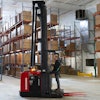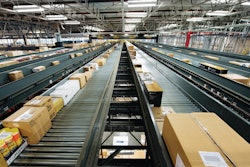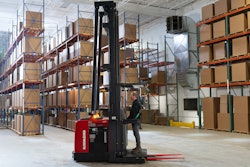Chen Xiwen, deputy director of the central agricultural work leading team, the top agriculture authority in China, announced earlier this week that arable land contaminated by heavy metals across China will be withdrawn from agricultural production.
The government will remove agricultural land with high levels of heavy metals, and farm land near river sources, especially drinking water sources, will also retreat from production if use of fertilizers and pesticides may cause pollution, he added.
China will start pilot restoration of contaminated farmland this year, according to "No.1 Central Document", the first policy document of 2014, issued on Sunday. A comprehensive plan to address prominent agricultural and environmental obstructions to sustainable development is also in the pipeline.
The "No.1 Central Document" stressed improvement to the national food security system. In recent years, excessive use of fertilizer, pesticides and plastic film combined with industrial heavy metal and chemical pollution, have hindered the sustainable development of agriculture, said Zheng Fengtian, an agriculture professor at Renmin University of China.
Every year, some 12 million tonnes of grain are polluted by heavy metals in the country, according to the Environmental Protection Ministry. China also ranks first globally in total fertilizer use, and use of chemical pesticides is much higher than the world average. Due to lax supervision and poor management, river pollution by industrial waste is common. In some rural areas, farmers irrigate their crops with water polluted by untreated waste discharged from plants. The treatment of seriously polluted land needs a lot of time, investment and technology.
To read more, click HERE.
















